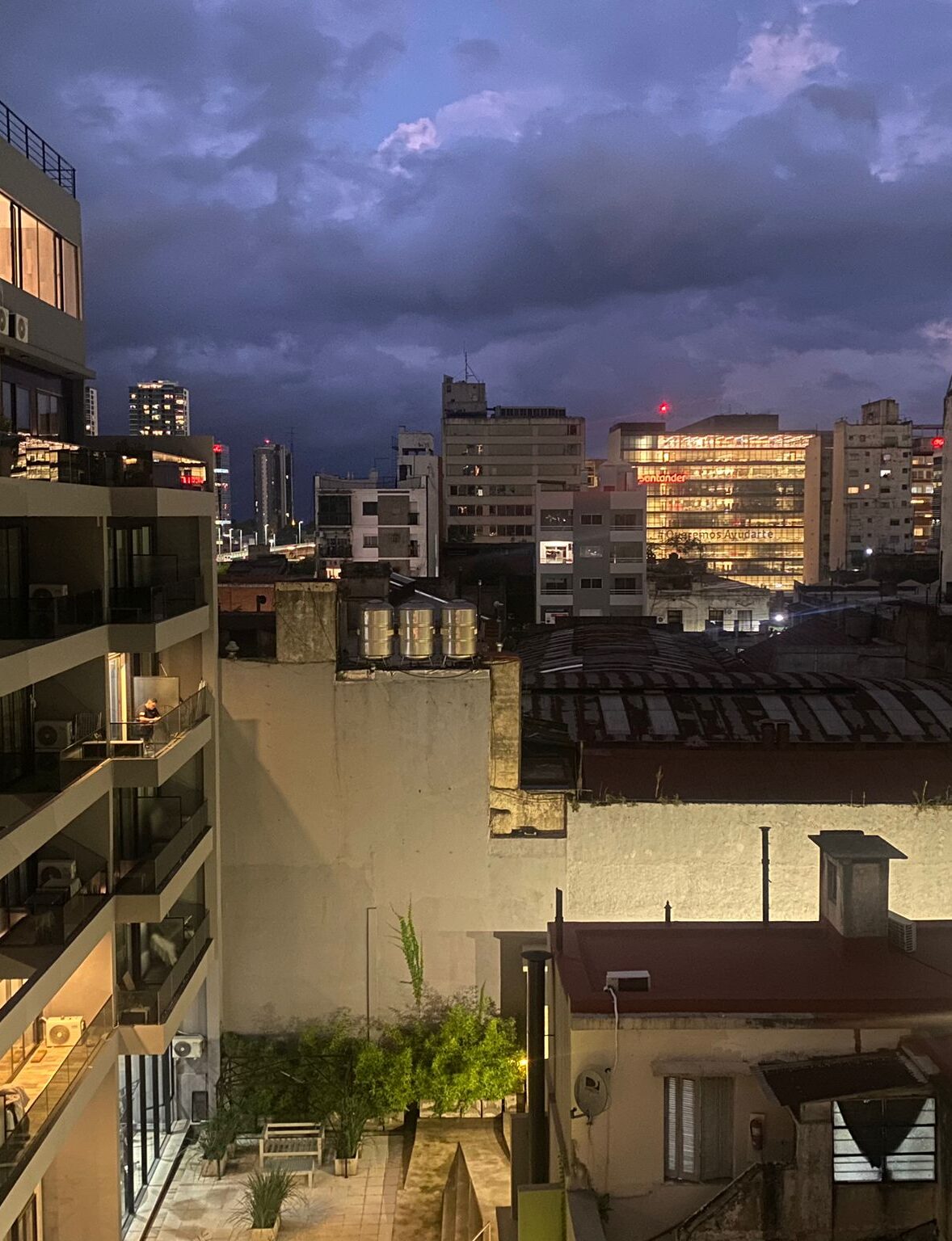
Applegate, Oregon
I killed a turkey with my car while thinking about empathy and the Brewer’s Spruce. I hit it with such force the bird flew across the highway landing in the ditch with the thistle and grass. I killed a turkey and didn’t turn back, but the light from the passing afternoon was like honey, and with the traffic steady at four p.m. on the two-lane road and the storm having just moved east, I considered the death of the animal a possible inconvenience to my daily commute. A temporary delay. But no—that’s not what it made me feel. In fact, I’d wished I reversed my car—I did not feel indifference for killing and thought perhaps my duty was to bury the animal, collect the feathers from the highway and gully (strewn there like a child’s game of marbles or rice, flowers across graves, split metal framework, diamonds) and string them through my yard on lines and sticks, decorate the children’s fort, or at the very least, light a candle for its soul. Perhaps strip its body of organs and skin and keep it for dinner. But I didn’t do any of those things. I kept driving, alert to the lingering startle of both bumper and bird. How does a turkey die? What part of its body stops working first? The heart? Did it break its backbone, its sympathetic trunk? Had it only been out foraging for spring buds and last year’s acorns? And what had I been thinking of empathy? —of certain identification with the mountains, of home, of wishing for political forces to cultivate a sense of care for this place I live, a kind of fellowship maybe, something meaningful, close to love. I was sad about the turkey, and the government too, until upon arriving home, I forgot entirely of the bird and death and Republicans when my daughter met me in our driveway, “Hi, Mama!,” half embracing me with a toothy smile and a bowl of crackers in her small hand.

But I want to tell you the story I had been thinking of, a time I walked with my family into the backcountry where the Brewer’s Spruce grows. On a February afternoon, before the turkey, my children and I climbed a thousand feet in the Red Buttes Wilderness, in the heart of the Siskiyou Mountains, at the conjunction of the Cascade Range. Toward the evening we came upon cedars five feet in diameter, sugar pine cones sticky with sap. As the dark hour progressed and we climbed higher, my daughter, seven, slipped on the snow in her boots. She collapsed on the ice, held her knees, cried into my hip. I took her into my embrace, “Let me help you.” We held hands then as we continued on, the night coming quickly, until she paused on the trail to wrap her body in the pendulous shoots of the spruce, disappearing behind the conifer’s strands. As she dissolved into the tree, I told her of thousand-year-old trees, but she was telling me instead about tea and a story and a blanket, maybe a bath, her mother and all the beauty around her. She was telling me these things behind the tree as I considered time standing there on a cold ridge in the woods at the end of winter. She walked on, as a child will do when they lose interest, the snow covering her hair leftover from the spruce, and what was she thinking of then? —the cold maybe, her doll at home asleep in the crib, what she’d be when she grew up, or how she had decided, already at seven, not to have kids because of climate change, or how she’d draw a picture of me, rainbows and unicorns or tulips when she returned home, safe in her way, unscathed from the wild, but maybe, just maybe a little bit transformed. Or perhaps she thought of nothing more than the Brewer’s Spruce she’d draped over her head, imagining something unusual, of what she might not reveal, of gnomes, animal tracks, and pine cones. If I can give my daughter one thing, it’s experience and a devotion to beauty, perhaps some extraordinary understanding of what it means to protect a place, some grace too, or notion of sanctity, though I hesitate to use such a word. Is it not enough for me to wonder, or just to watch, or to let her be, her own mystery coiled inside of her, death and seasons and empathy not even a sliver of her story, but a part of mine only—my awareness of the drama of time played out in the interminable narrative of nature’s revolution, and my child, here, in the woods, turkey stripes of gold and rust in her hair, wrapped in a veil of ancient needles and carbon—alive, perfect—the tree and the girl surely to be gone from here some distant morning I cannot choose.
Melissa Matthewson’s essays have appeared in Guernica, DIAGRAM, Longreads, American Literary Review, Mid-American Review, River Teeth, and The Rumpus among other publications. Her first book of nonfiction, Tracing the Desire Line, is out now from Split Lip Press.
Photos by author.




